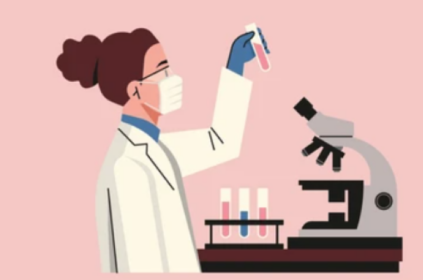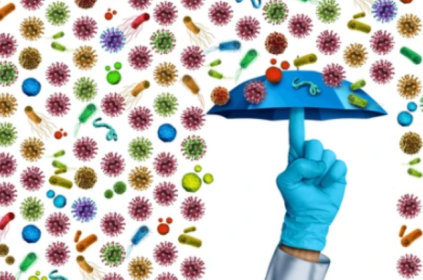According to a reporting from AJMC, the US Food and Drug Administration (FDA) has given isocabtagene maraleucel, a CAR T-cell therapy being developed by Bristol Myers Squibb, Accelerated Approval as a treatment for adult patients living with follicular lymphoma that is relapsed or refractory and have received treatment with two previous lines of systemic therapy.
The Accelerated Approval is based on findings from a phase II clinical trial, which was an open label, single arm trial which evaluated lisocabtagene maraleucel (liso-cel) in patients living with refractory or relapsed B-cell non-Hodgkin lymphoma. The overall response rate in the trial was 95.7%, with a complete response rate of 73.4%.
The median time to a response was one month and the median response duration wasn’t reached, with 80.9% of those that had responded continuing to do so after 12 months. Meanwhile, 77.1% remained in response by 18 months.
In terms of safety, 53% of patients experienced cytokine release syndrome, a common side effect of CAR T-cell therapy. However, only 4% had grade 3 or higher.
Liso-cel has previously earned Accelerated Approval for treat small lymphocytic lymphoma and chronic lymphocytic leukemia.
About Accelerated Approval
Accelerated Approval is a program from the FDA intended to allow therapies developed for serious diseases and that have the potential to address an unmet medical need to be accessed more quickly by patients. These approvals are based on a surrogate endpoint, which is thought to predict, but does not prove, clinical benefit. Under these endpoints, the FDA may approve a drug more quickly. However, further confirmatory trials that prove the drug’s efficacy are required for the approval to be permanent.
About Follicular Lymphoma
Follicular lymphoma is a type of blood cancer. While generally considered rare, it is the most common type of slow growing non-Hodgkin’s lymphoma. This cancer affects follicle center B-cells, which are also known as centrocytes. There appears to be a genetic basis for follicular lymphoma, and the cancer has been linked to translocation between chromosomes 14 and 18. This results in the overexpression of a gene called bcl-2. Symptoms for this cancer are similar to other blood cancers, such as night sweats, fever, infections, weight loss, swollen lymph nodes, shortness of breath, and fatigue. Treatment options may include monoclonal antibodies, chemotherapy, radioimmunotherapy, and stem cell transplant. Some patients can survive for decades with follicular lymphoma, with a median survival time of 10 years. The five-year survival rate is 72-77%. With the newest treatments, survival rates are improving. To learn more about follicular lymphoma, click here.
Editor’s Note: Get Involved
Cancer doesn’t discriminate. WHATNEXT and its partners are interested in amplifying the voices of those from all identities and backgrounds. If you have a cancer journey to share, reach out here to learn more about how your voice can help spread awareness and inspire individuals from all walks of life.
follicular lymphoma lymphoma treatment
Last modified: January 22, 2025











